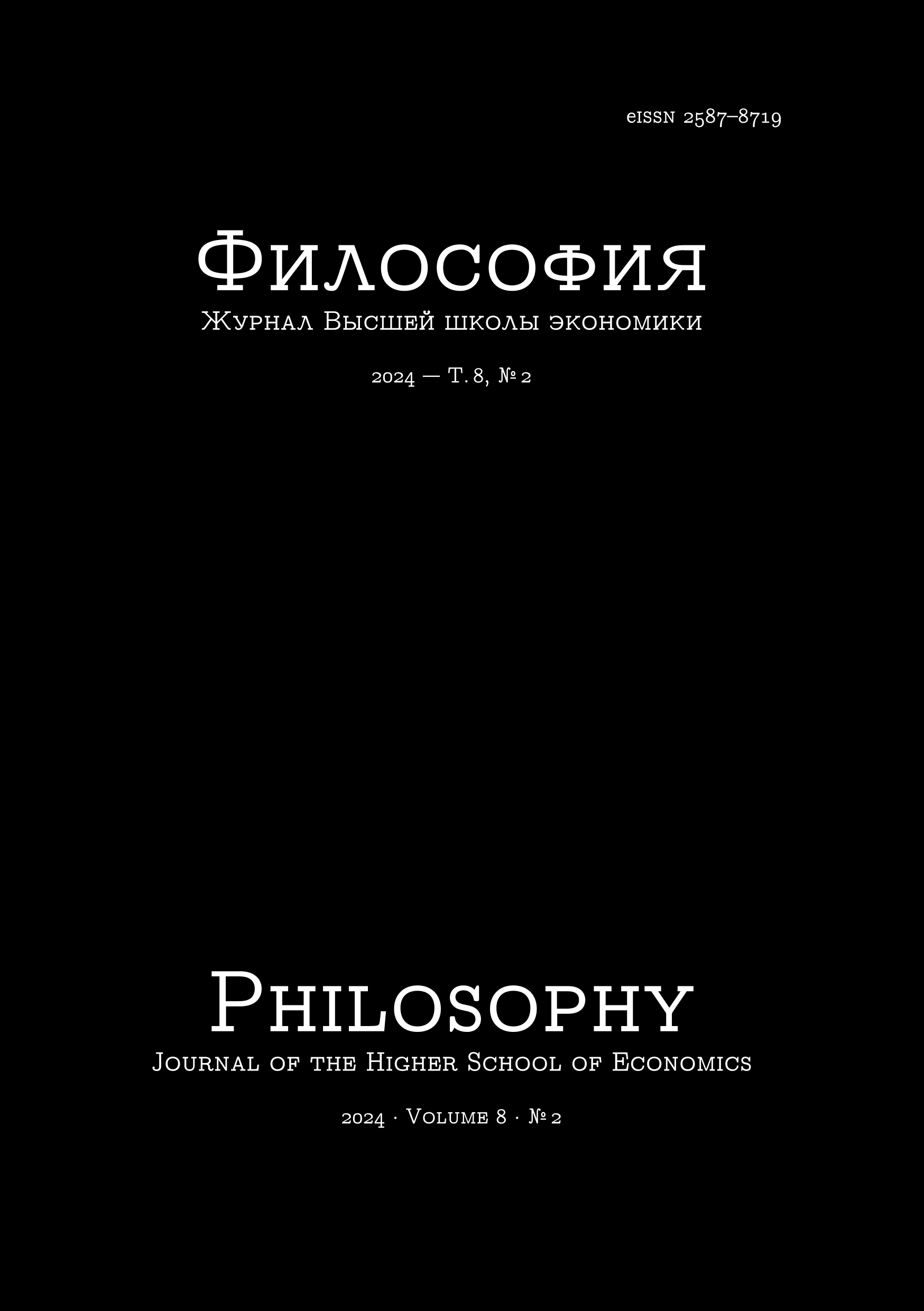Indian Philosophy in Intercultural Perspective
Abstract
The paper presents the concept of Indian philosophy in an intercultural perspective, which sums up the author's indological research during the last forty five years. It consists of an introduction, four parts and a conclusion. The introduction formulates the thesis about a kinship of Indian and Western traditions on the basis of their genesis from a common Indo-European language substratum. The first part articulates the basic linguistic possibilities of philosophical thinking, which are afforded by Sanskrit, the main language of Indian philosophical texts, and which are shared by the Indo-European languages of the Western national traditions of philosophizing. Within the framework of these shared possibilities we distinguish those which the Indian tradition has predominantly realized: grammar, linguophilosophy, doctrines of non-being and causality, etc., and those in the development of which the Indian tradition has arrived at results which fundamentally differ from the Western tradition (for example, the cognitive, epistemological value of altered states of consciousness, the instrumentality of the human condition rather than its self value in a soteriological perspective, etc.). The second part examines the hermeneutico-cultural reasons for not accepting Indian tradition as a “philosophy proper” on the part of Western (as well as Russian) philosophers, namely — soteriological, spiritual and first-person orientation of Indian philosophical enterprise, and explains the need to demarcate the concept of “philosophy” from the concepts of “wisdom” and “gnosis”. The third part analyzes the categories of self-description of the Indian tradition itself (śravaṇa, manana, bhavana, or learning by heart, discursive reflection and personal assimilation through meditation) and those civilizational and cultural phenomena that shaped its theoretical and philosophical heritage (sound-centrism, disputational tradition and psycho-practices). The fourth part highlights the most important features of the historico-philosophical process in India: different systems of knowledge were developed through the “division of labor” in a sort of a complementary network. The conclusion formulates the main civilizational and cultural features of Indian philosophical thought in comparison with the philosophical principles of the Western tradition, as well as its ideas of heuristic interest for the development of philosophical problems in the West and in Russia.
Downloads
Copyright (c) 2024 Philosophy Journal of the Higher School of Economics

This work is licensed under a Creative Commons Attribution-NonCommercial 4.0 International License.






